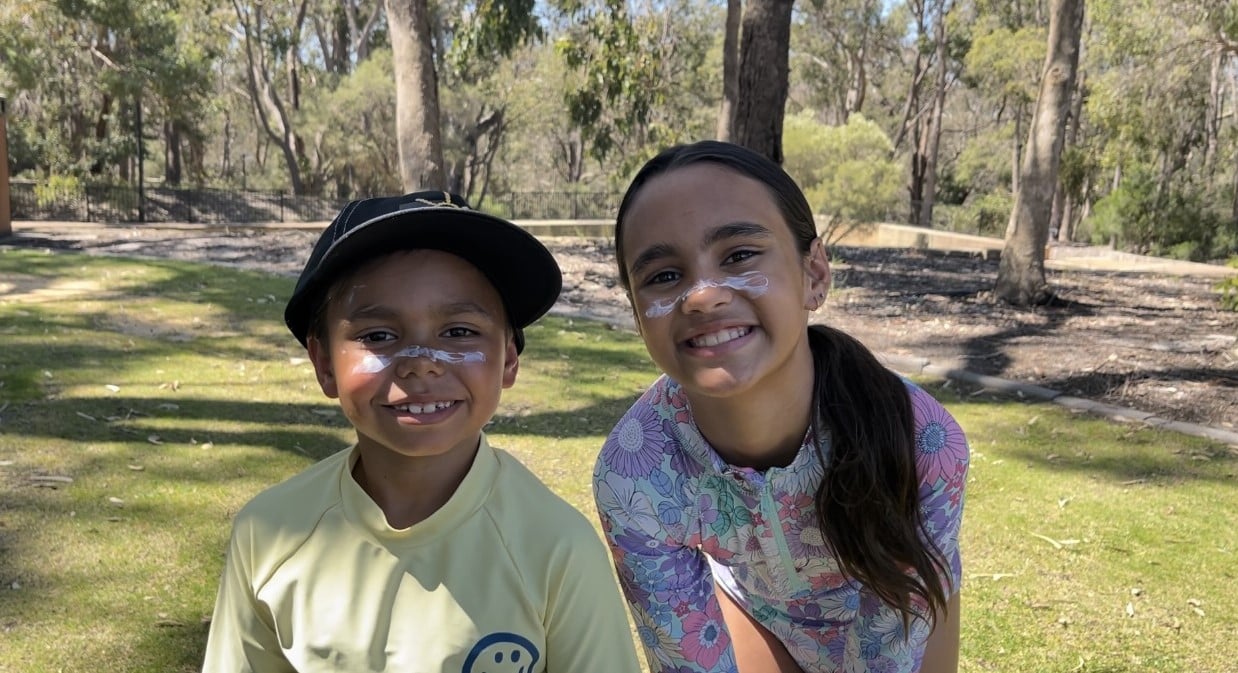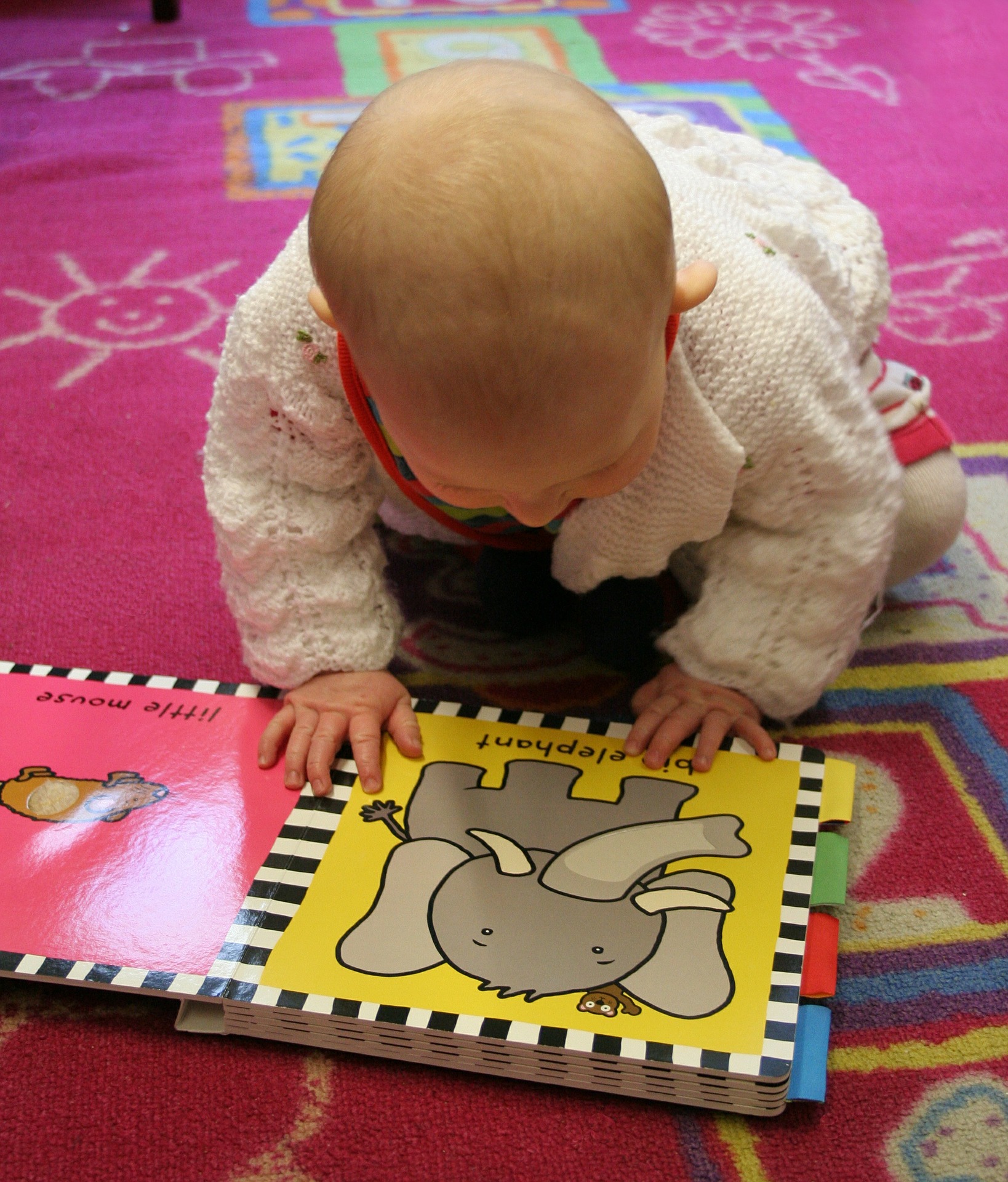Search
The mental health of Australian children and adolescents
Parents and carers were asked about the quality of services, need for services and whether their children received the needed service, as well as barriers.
A comparison between the first and second national surveys of youth mental health
Help us discover a way to expand protection for the next generation.

The Healthy Skin team, in collaboration with Elder Researchers and Aboriginal Community Members, is working to strengthen sun safety knowledge, practices, and skin cancer risk awareness among Aboriginal children and young people in Western Australia.
ATOMIC Ears Study The ATOMIC Ears Study aims to evaluate a new treatment designed to prevent ongoing ear infections in kids having grommet surgery.

Research
MeaslesMeasles is a highly contagious infectious disease that can cause severe, long-term complications in children.
Research
Wet CoughA wet cough in a child for more than four weeks could indicate infection in the lungs. The wet cough is caused by mucus in the airway. The mucus becomes infected with bacteria and causes airway inflammation that can progress to permanent lung damage known as bronchiectasis.
Research
Understanding motivation and experience in participating in a paediatric SARS-CoV-2 serosurvey, in AustraliaSerosurveys are considered as a valuable tool in estimating population immunity and infection rates but recruitment of children to provide paediatric estimates can be challenging. A novel approach of sampling children undergoing anaesthesia was utilised for a SARS-CoV-2 serosurvey in Australian children and we explore the reasons for participation, feedback on the approach and importance of research into Coronavirus Diseases 2019 (COVID-19).
Research
Twenty-One Years and Still Going Strong: A Qualitative Study Exploring the Contribution of Young Adult, Adolescent, and Stakeholder Involvement to the ResilienceAdolescence is a period of rapid transformation when meeting targets for optimal diabetes care is often challenging due to competing life demands. For more than two decades a diabetes transition clinic in Sydney, Australia, has sustained positive outcomes and demonstrated aspects of resilience in the care of individuals living with type 1 diabetes (T1D) who have transitioned from paediatric to adult care. Many studies have focused on resilience in acute care setting showever, studies that examine the factors that support resilience in settings that care for individuals with long-term, chronic conditions such as T1D are lacking.
